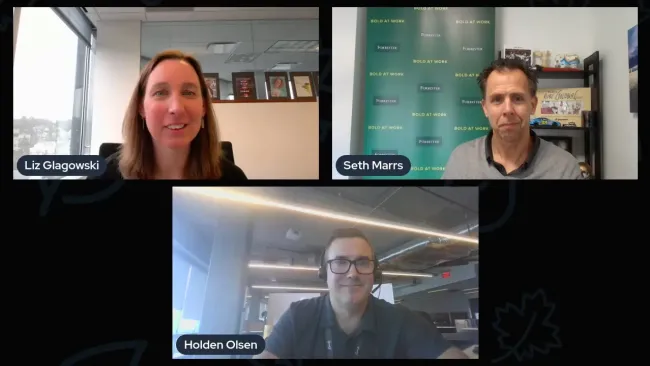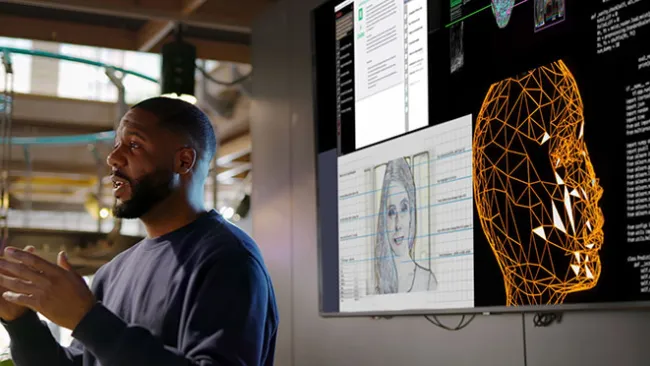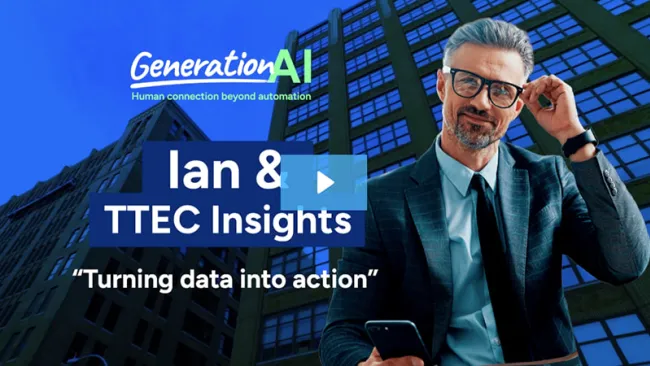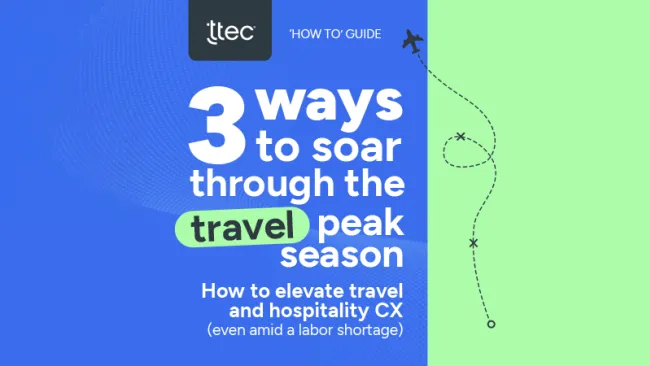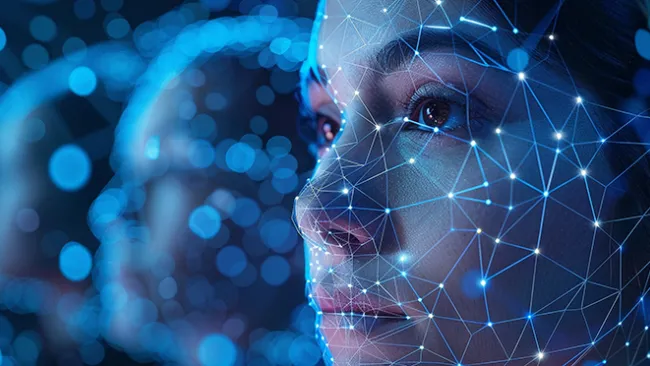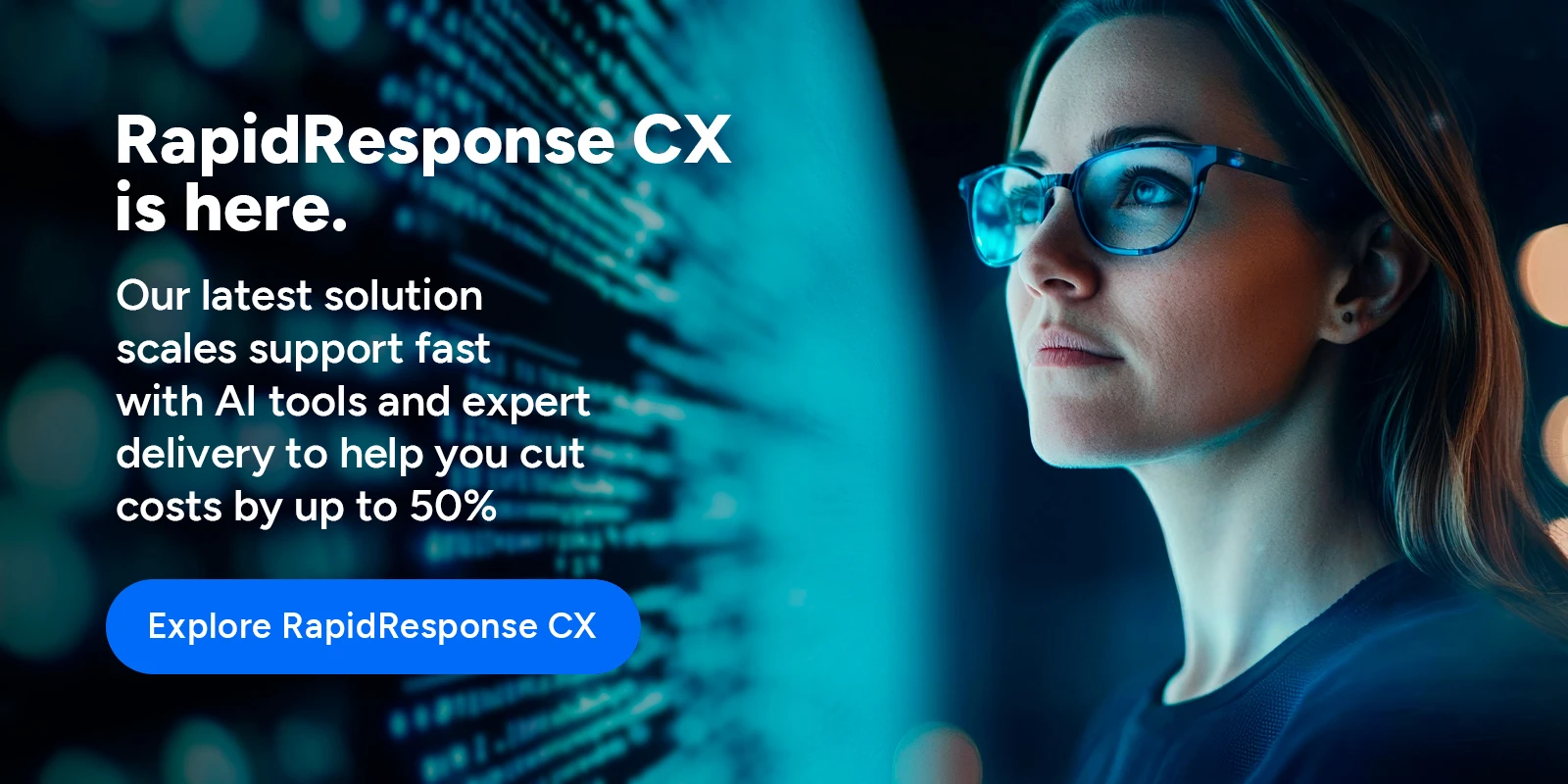Just as the peak summer travel season begins, hospitality brands face a pressing problem: not enough staff to meet surging demand.
A growing number of people are expected to travel this summer but a recent survey found most hotels are short-staffed – many to the point where it’s affecting operations. Hospitality brands have expanded benefits, made work schedules more flexible, and risen wages for hotel workers to a record high, yet companies still struggle to fill job openings.
Complicating matters further, hospitality workers need to possess a specific skillset. They must be able to provide the type of personalized, seamless, and empathetic customer experiences (CX) travelers expect.
“It’s not about a headcount,” said Matus Valo, executive director of operations at TTEC. “You need to find skilled, good-quality, knowledgeable folks who are able to jump in and help your business.”
Valo joined Richard Schuman, director of channel sales at Level AI; and Paulette Chafe, head of consumer insights and research at Zendesk, to discuss how the right mix of AI and CX can help hospitality companies overcome staffing challenges during a recent LinkedIn Live.
Give associates the upper hand with AI
Some worry that AI will replace associates, but that’s simply not the case, said Schuman. Certain travel and hospitality customer experiences will always require a human touch, and the goal of AI isn’t to replace people.
Even as AI bots become savvier, associates will remain essential to delivering great hospitality CX, said Chafe. CX leaders need to do a better job explaining to associates how AI will improve the way they do their jobs, so associates aren’t hesitant to embrace new tools, she added.
The real power of AI is its ability to augment people, particularly when it comes to helping associates deliver better experiences. AI-powered training, for instance, can cut associate onboarding time in half and make associates better prepared to perform their jobs well, Schuman said.
AI can also monitor every interaction, gauge customer sentiment and frustration as it happens, and enable associates to respond in real-time. The always-on monitoring built into certain AI tools, like conversation and business intelligence, can identify key moments and opportunities as they arise in conversations – whether they’re chances to improve customer experience or opportunities to improve associate training.
Another major benefit of AI is how it can transform your knowledgebase, putting relevant answers at associates’ fingertips quickly so they can resolve inquiries easily, said Valo.
Brands also should be using AI to comb through huge volumes of data quickly, identify patterns, and cull insights; and to take simple, repetitive tasks off associates’ plates.
Keep CX at the forefront
For all its benefits, even the best AI can’t fix a broken customer experience. Resist the urge to adopt new technology just for technology’s sake and let your customer journey be your guide.
Customer expectations keep rising, particularly in the hospitality industry where travelers often expect a luxury experience, and it can be tough for brands to keep up, Chafe said. It’s important to identify and stay focused on what matters to your customers, she said.
Ultimately, many brands that are embracing AI are doing so not for the efficiency and cost-cutting benefits (though those are nice), she said – they’re doing it to provide a better, more memorable experience to customers.
“Efficiencies are great (but) they’re gravy,” she said.
For more insights, watch the full LinkedIn Live on-demand here.






